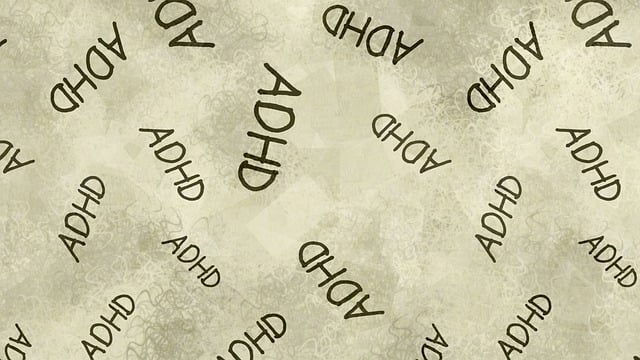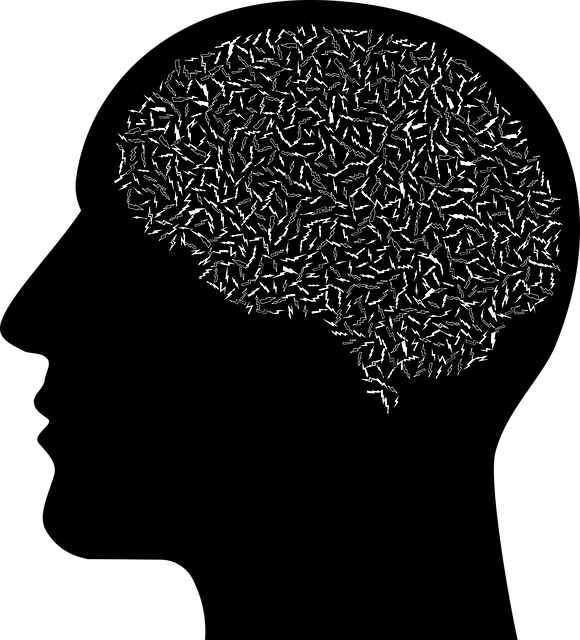Northglenn Crisis Counseling Therapy (NCCT) offers immediate and accessible support for acute mental health crises, integrating evidence-based techniques like cognitive-behavioral therapy and mindfulness practices. Their evaluation strategy combines quantitative surveys and qualitative interviews to track improvements and challenges over time, enhancing risk management. Stakeholder engagement ensures diverse perspectives inform program impact, while iterative evaluations guide continuous improvement based on best practices. NCCT's holistic approach promotes lasting positive outcomes through adaptive, evidence-based care.
Mental wellness program evaluations are essential for measuring effectiveness and driving improvement. This article explores a comprehensive evaluation framework, focusing on Northglenn Crisis Counseling Therapy (NCCT) as a model. We delve into quantitative and qualitative assessment methods to gauge NCCT’s impact, stakeholder engagement strategies for diverse perspectives, and continuous improvement through iterative design based on evaluation findings. By examining these components, we aim to enhance mental wellness services for better community outcomes.
- Understanding Northglenn Crisis Counseling Therapy: A Foundation for Evaluation
- Assessing Program Impact: Quantitative and Qualitative Methods
- Stakeholder Engagement: Gathering Feedback from Diverse Perspectives
- Continuous Improvement: Iterating the Mental Wellness Program Based on Evaluation Findings
Understanding Northglenn Crisis Counseling Therapy: A Foundation for Evaluation

Northglenn Crisis Counseling Therapy (NCCT) serves as a robust foundation for evaluating mental wellness programs. This approach focuses on providing immediate and accessible support to individuals facing acute mental health crises, with a goal of stabilization and fostering resilience. NCCT incorporates various therapeutic techniques, including cognitive-behavioral therapy, mindfulness practices, and crisis intervention strategies, tailored to address the unique needs of each client.
By integrating these evidence-based methods, NCCT not only helps individuals navigate their current challenges but also equips them with valuable coping skills. This holistic approach is especially beneficial in promoting self-care routine development for better mental health. Additionally, public awareness campaigns development and social skills training become integral components of the overall strategy, as they contribute to breaking down stigma and fostering a supportive community environment where individuals can seek help without fear or hesitation.
Assessing Program Impact: Quantitative and Qualitative Methods

Evaluating the impact of a mental wellness program involves a combination of both quantitative and qualitative methods. Quantitative assessments typically rely on numerical data and statistical analysis to measure outcomes, such as changes in symptoms or levels of distress. This can include surveys, questionnaires, or standardized assessments administered before and after the program. For instance, Northglenn Crisis Counseling Therapy might use these methods to track improvements in clients’ mood management skills over time.
Qualitative approaches, on the other hand, delve deeper into participants’ experiences and perceptions. Techniques like interviews, focus groups, and narrative essays allow for a more nuanced understanding of how the program has affected individuals’ mental health awareness and overall well-being. These methods can uncover hidden benefits, challenges faced, or unexpected outcomes, providing valuable insights that supplement quantitative findings in risk management planning for mental health professionals.
Stakeholder Engagement: Gathering Feedback from Diverse Perspectives

Effective mental wellness program evaluation requires engaging a diverse range of stakeholders to gather comprehensive feedback. This process is essential for understanding the impact and relevance of programs like Northglenn Crisis Counseling Therapy. By involving various perspectives, from clients and their families to therapists and community leaders, evaluators can capture nuanced insights that enrich the assessment.
Stakeholder engagement ensures that the evaluation reflects real-world experiences and needs. For instance, self-awareness exercises and confidence-boosting techniques might resonate differently with various groups. Some individuals may find solace in mindfulness practices, while others might prefer group therapy sessions centered around sharing experiences and building support networks. Incorporating Mind Over Matter principles into program design can be informed by feedback from diverse stakeholders, ultimately enhancing the overall mental wellness journey.
Continuous Improvement: Iterating the Mental Wellness Program Based on Evaluation Findings

At Northglenn Crisis Counseling Therapy, continuous improvement is a cornerstone of our mental wellness program evaluation methods. By iteratively refining our practices based on evaluation findings, we ensure that our services remain dynamic and responsive to the evolving needs of our clients. This approach allows us to incorporate best practices from various mental health education programs design, fostering a positive thinking culture within our community. Regular assessments help identify areas where Trauma Support Services can be enhanced, enabling us to provide more effective care and support to those in need.
Through this continuous cycle of evaluation and iteration, Northglenn Crisis Counseling Therapy strives to create a holistic mental wellness program that is not only evidence-based but also deeply meaningful for our clients. By staying agile and adaptable, we can better navigate the complexities of mental health challenges, ultimately promoting lasting positive outcomes for everyone we serve.
The evaluation of mental wellness programs, such as Northglenn Crisis Counseling Therapy, is a multifaceted process that leverages both quantitative and qualitative methods. By assessing program impact, engaging stakeholders from diverse backgrounds, and implementing continuous improvement cycles based on findings, communities can ensure these initiatives effectively address their residents’ needs. This iterative approach not only enhances the quality of care but also fosters a more resilient and supportive environment for mental wellness in Northglenn and beyond.














